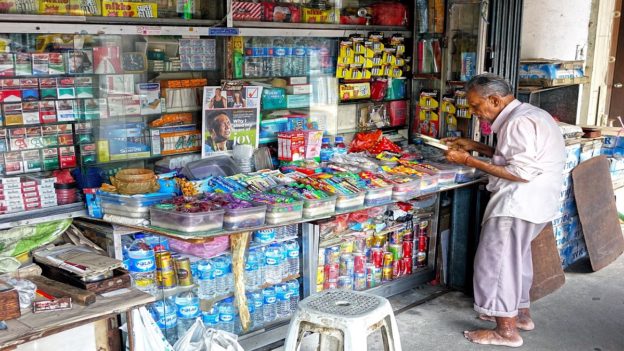Ease of doing business for MSMEs: Through solutions like dynamic POS machines, QR codes and micro ATMs, fintechs and MSMEs are helping create an open API network by reducing the cost of operations and well as boosting the digital economy in the hinterlands by sachetising banking services.
Ease of doing business for MSMEs: Today, rural consumers serve as critical drivers of the economy – with rapid inroads of e-commerce catalysing consumption potential in villages. However, this needs to be leveraged properly by getting those segments into the financial inclusion fold. Financial inclusion is a critical component that helps people to imbibe themselves into the economic zone, particularly by instilling the habit of saving and investing and also assisting in economic growth. Giving the unbanked access to formal financing can help them reduce their reliance on costly informal funding sources, lessen their exposure to economic shocks, and create jobs. By partnering with banks, fintechs are disrupting traditional forms of banking and offering financial services at the last mile.
Local kirana stores are well-woven into the social fabric of Indian culture, enjoying inimitable levels of trust and comfort. Even during the pandemic, where online delivery was not always available, kiranas were the backbone, providing daily essentials to our communities. Today, fintechs are working to build platforms that can enable local stores to evolve consistently and provide similar services to e-commerce giants. They also serve as the medium to help handhold the tech-shy populations and act as payment networks. In these communities, where smartphone penetration is not synonymous with digital literacy and fluency, the MSME network can help make payment acceptance seamless due to their pervasive nature. An assisted model can serve as a bridge towards the eventual goal of digital self-service.
Through solutions like dynamic POS machines, QR codes and micro ATMs, fintechs and MSMEs are helping create an open API network by reducing the cost of operations and well as boosting the digital economy in the hinterlands by sachetising banking services. Through QR codes and sound boxes, ease and efficiency are brought into their business operations by reducing the amount of cash-based transactions and helping them keep track of online payments. By providing these solutions, fintechs are empowering local retailers and helping them adapt to the digital wave in a low-cost manner. Technology solutions are allowing retailers to transform their business from offline to online, offering ‘Buy Now Pay Later’ as well as ‘Pay By Link’ as well.
Domestic remittances and cash withdrawal, two major requirements of the semi-banked are now democratised and available at the local retailer. Through this ‘assisted agent’ model, the government’s direct benefit transfers can reach villages easily without the hassle of having to travel far or navigate difficult online processes.
Additionally, another barrier to the lack of formalisation in villages is due to irregular income flow, which inhibits them from getting bank loans, saving to reap interest benefits and even buying insurance policies, which usually have high premiums. Sachetisation of services is a way to reach the financially underserved cohorts in India – by customising financial offerings to be affordable to meet their future goals. It will allow communities lying outside the financial fold to save, borrow and invest securely. With UPI on credit now becoming widely available, retail stores can also serve as nanopreneurs offering micro-credit, and empowering their local cohorts. Fintechs can offer their credit-based solutions to these local retailers and help create digital banks across the country.
Merchants and fintechs need to work together to evolve and build an end-to-end digital journey to ride the less-cash route in a cost-effective manner, while simultaneously providing employment and additional income opportunity. Similarly, with the emergence of Online Network of Digital Commerce (ONDC), the hinterlands of India are set to witness the democratization of e-commerce as well. Small businesses are set to gain greater discoverability and visibility that were earlier out of reach due to high charges and commissions on established e-commerce platforms.
The rural economy now stands poised to undergo more inclusive growth due to their immense consumption potential. They are the drivers of the next wave of growth and effective synergies between fintechs and the merchant network can truly fulfil the $10 trillion economy vision and harness our true potential.
https://www.financialexpress.com/industry/sme/cafe-sme/msme-eodb-effective-synergies-between-fintechs-and-small-retailers-can-fulfil-10-trillion-economy-vision/2939930/?action=profile_completion&





